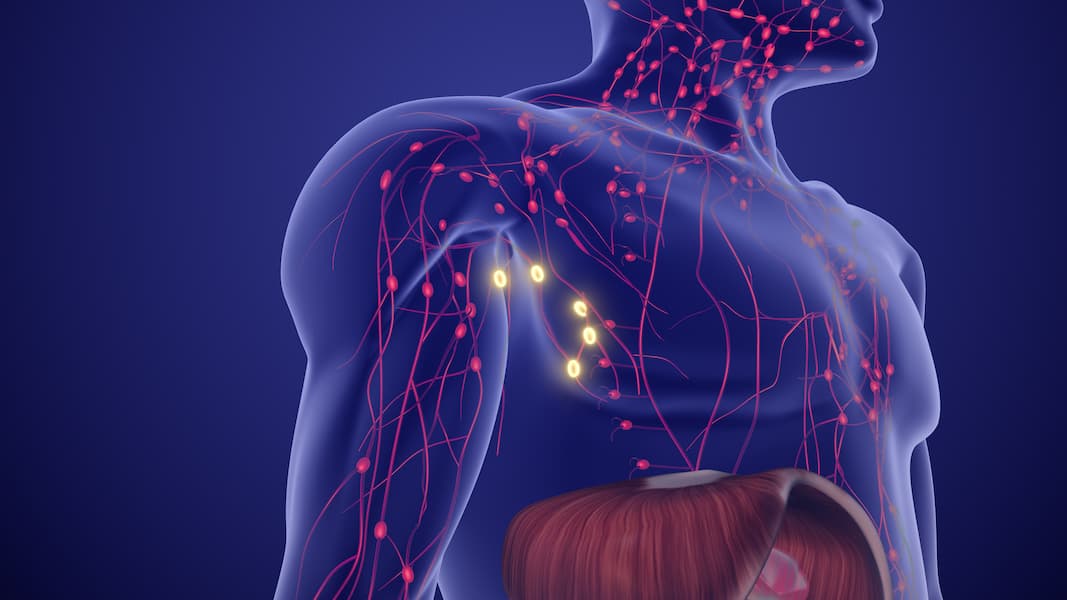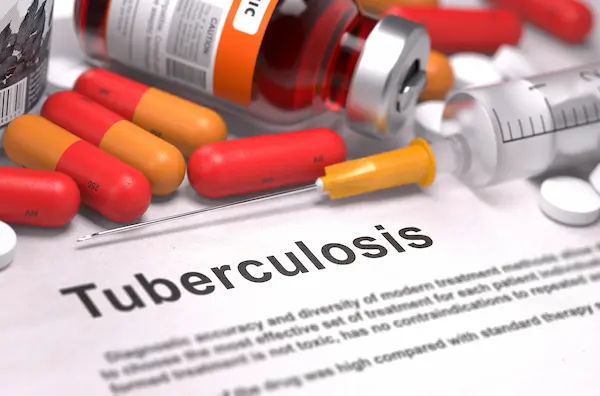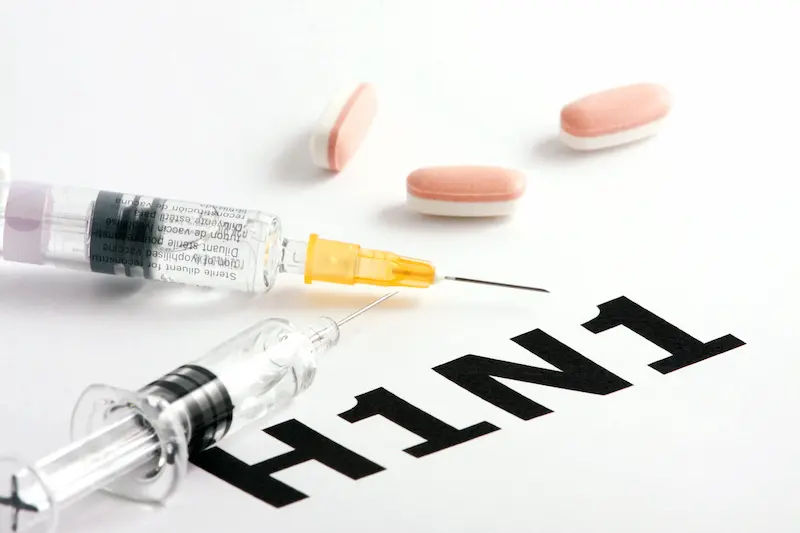- female
- 20 Years
- 29/01/2025
I've been feeling really off latelysuper tired and kind of dragging through the day, which isn't like me at all. I'm a 20-year-old female, and someone suggested I try taking vitamin supplements. I heard about Supradyn tablets, but I'm not sure how often I should actually be taking them each day. Could you help me out with some advice on the correct dosage?
Answered by 1 Apollo Doctors
Causes_
- Delayed gastric emptying: Food takes longer to digest and empty from the stomach.
- Low digestive enzymes: Insufficient enzymes to break down food properly.
Adjusting Unienzyme Dosage
- Consult your doctor: Before increasing the dosage, consult your doctor to rule out any underlying conditions.
- Try taking Unienzyme at 3 pm: If your doctor agrees, take one Unienzyme tablet at 3 pm, in addition to your regular twice-daily dosage.
Additional Tips
- Eat smaller, frequent meals: Divide your meals into 4-5 smaller portions to ease digestion.
- Avoid heavy meals: Steer clear of rich, fatty, or spicy foods that can slow digestion.
- Stay hydrated: Drink plenty of water throughout the day to help with digestion.
Answered 04/07/2025
0
0

More General Physician/ Internal Medicine Health Queries
View allI've accidentally taken a parad tablet without realizing, and now, a couple of days later, I'm having back and shoulder joint pain. I'm a 24-year-old housewife. Could the parad tablet be causing this? What should I do now?
No, it doent cause the symptoms if you are haviing this take one tablet ZERODOL P.
read more![Doctor 1]()
![Doctor 2]()
Answered by 1 Apollo Doctors
I'm a bit confused about what allopathy is. Is it the standard treatment I would get at a hospital? How does it compare to homeopathy or Ayurveda? Can you explain the differences to me?
allopathy is an advanced medicine
read more![Doctor 1]()
![Doctor 2]()
Answered by 1 Apollo Doctors
I'm a bit worried because right after getting a tetanus shot, I ended up masturbating. I'm wondering if that could have any impact on the effectiveness of the tetanus vaccine, like does it make the medicine leave my body faster or something?
no
read more![Doctor 1]()
![Doctor 2]()
Answered by 1 Apollo Doctors
Disclaimer: Answers on Apollo 247 are not intended to replace your doctor advice. Always seek help of a professional doctor in case of an medical emergency or ailment.




.webp)
